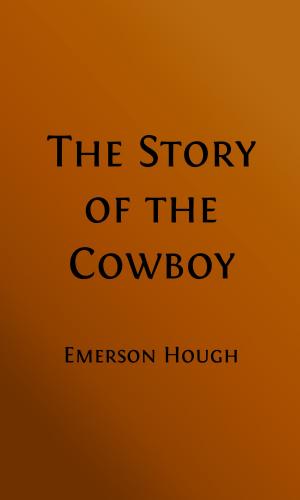Frank and Fearless (Illustrated Edition)
The Fortunes of Jasper Kent
Fiction & Literature, Action Suspense, Classics, Historical| Author: | Horatio Alger, Jr. | ISBN: | 1230001130027 |
| Publisher: | Steve Gabany | Publication: | May 14, 2016 |
| Imprint: | Language: | English |
| Author: | Horatio Alger, Jr. |
| ISBN: | 1230001130027 |
| Publisher: | Steve Gabany |
| Publication: | May 14, 2016 |
| Imprint: | |
| Language: | English |
"The story of a very good boy who is the victim of a wicked stepmother. He is driven from home and is always brave, and by the exercise of these virtues he becomes great and prosperous, and finally recovers the property his enemy has for a time kept from him. The story starts in New England, but ends in St. Louis." - Publishers Weekly
Included in this Illustrated Edition of the 1897 Frank and Fearless are 10 relevant illustrations that are unique to this edition of the book.
Horatio Alger, Jr. (January 13, 1832 – July 18, 1899) was a prolific 19th-century American author, best known for his many formulaic juvenile novels about impoverished boys and their rise from humble backgrounds to lives of middle-class security and comfort through hard work, determination, courage, and honesty. His writings were characterized by the "rags-to-riches" narrative, which had a formative effect on America during the Gilded Age.
"The story of a very good boy who is the victim of a wicked stepmother. He is driven from home and is always brave, and by the exercise of these virtues he becomes great and prosperous, and finally recovers the property his enemy has for a time kept from him. The story starts in New England, but ends in St. Louis." - Publishers Weekly
Included in this Illustrated Edition of the 1897 Frank and Fearless are 10 relevant illustrations that are unique to this edition of the book.
Horatio Alger, Jr. (January 13, 1832 – July 18, 1899) was a prolific 19th-century American author, best known for his many formulaic juvenile novels about impoverished boys and their rise from humble backgrounds to lives of middle-class security and comfort through hard work, determination, courage, and honesty. His writings were characterized by the "rags-to-riches" narrative, which had a formative effect on America during the Gilded Age.















